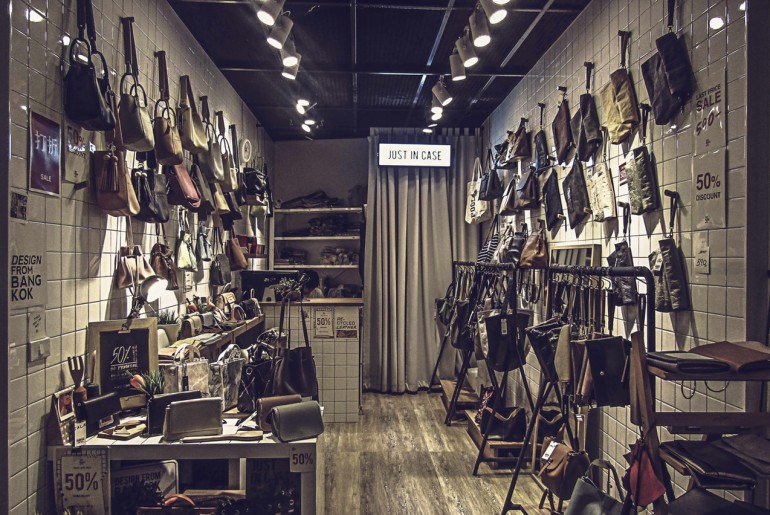Change they say is a constant thing. This maxim hits home hard looking closely at the United Kingdom retail industry as structural change is sweeping across the industry thanks to digital revolution. It is worthy of note that the retail industry has been one of the major drivers contributing to the growth of the economy of the UK, but recently the industry has been experiencing rapid decline in its growth.
Last year the UK recorded the establishment of nearly 660,000 startups, the market is growing as it is also changing, and existing businesses could either change along with it or get left behind. With mega online shopping stores like Amazon and Ebay most shoppers now prefer online transactions. Retail chains still relying on the power of their brand names got a rude awakening with retail kings such as Homebase and Toys R Us shut down either all or most of their shop, while some high-end retail chains like Woolworths and Comet are also considering large-scale closure of some their stores.
These facts present some lessons to be learned both for other businesses. Some of the lessons that could be drawn from these include the following:
Get Insurance for your Business: Some of the closing or closed UK retail chains probably might have not envisaged these sudden changes. However, some of these players could have minimized the risks if a retail insurance policy was in place. External factors are factors businesses might not have control over whether it will affect the business positively or negatively; however, there are ways in which it could be controlled. One of these is insuring your business against unforeseen circumstances. There are different types of insurance that could help you minimize risk in your business when taken.
Research: Future knowledge of the industry and market is another lesson to be learned from this incidence. The successful players in any industry are the ones that can measure and compare their plans with what the future presents. To minimize the risk of folding up your businesses during any external crisis, you must be able to understand what the market and the industry your business fall under may face in the coming years. You could achieve this by developing a business plan for your business to compare the present with likely future occurrences and adjust your strategies where need be.
Operate Flexible Structure: Some of the closing retail chains owe their predicament to the rigidness of their structure, lacking the possibility for the expansion of their product range or franchising. When a business has no way to reinvent itself it is hard to guarantee its success in a volatile environment.
Flexibility in products as well as pricing could go a long way in businesses endearing themselves to buyers. For example Primark employed highly flexible prices as part of their sales scheme which has helped the business favored over other higher end stores.
Develop an Exit Strategy for your Business: No one goes to business with the hope of failing, however, there might be factors that might affect a business negatively such as economic turndown, political, social and technological factors, etc. To overcome any of these factors, it is important to lay down exit strategies which will help minimize risk in case any kind of crisis occurs. Many of this retail chains never recovered from the global financial crisis.
External factors might not be easy to control; however, they can be managed by building internal factors that can be controlled through a commitment to the growth of the business. Businesses that thrive and pass the test of time during a crisis are the ones that have grown their inner strengths and worked on their weaknesses.











Comments are closed.